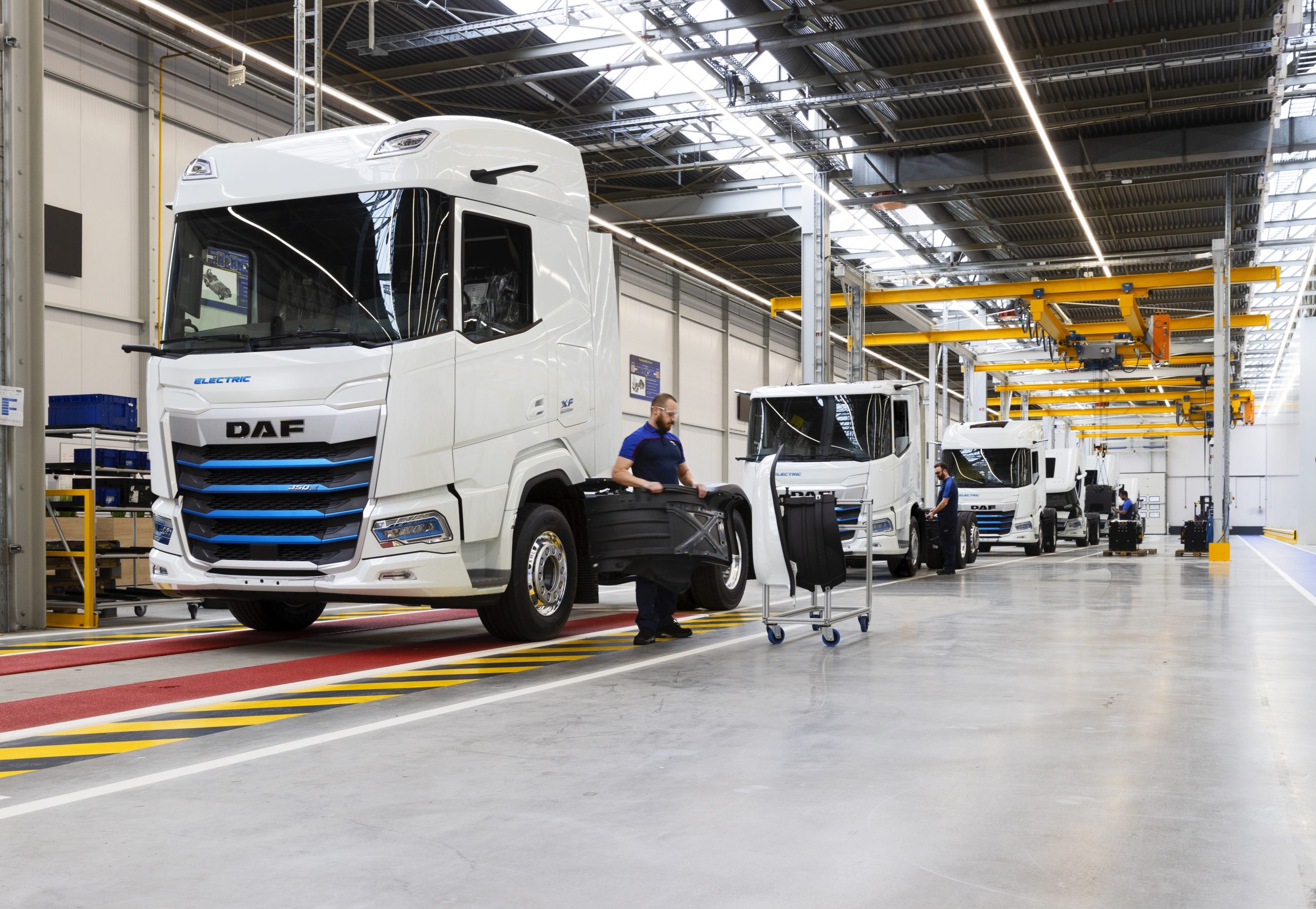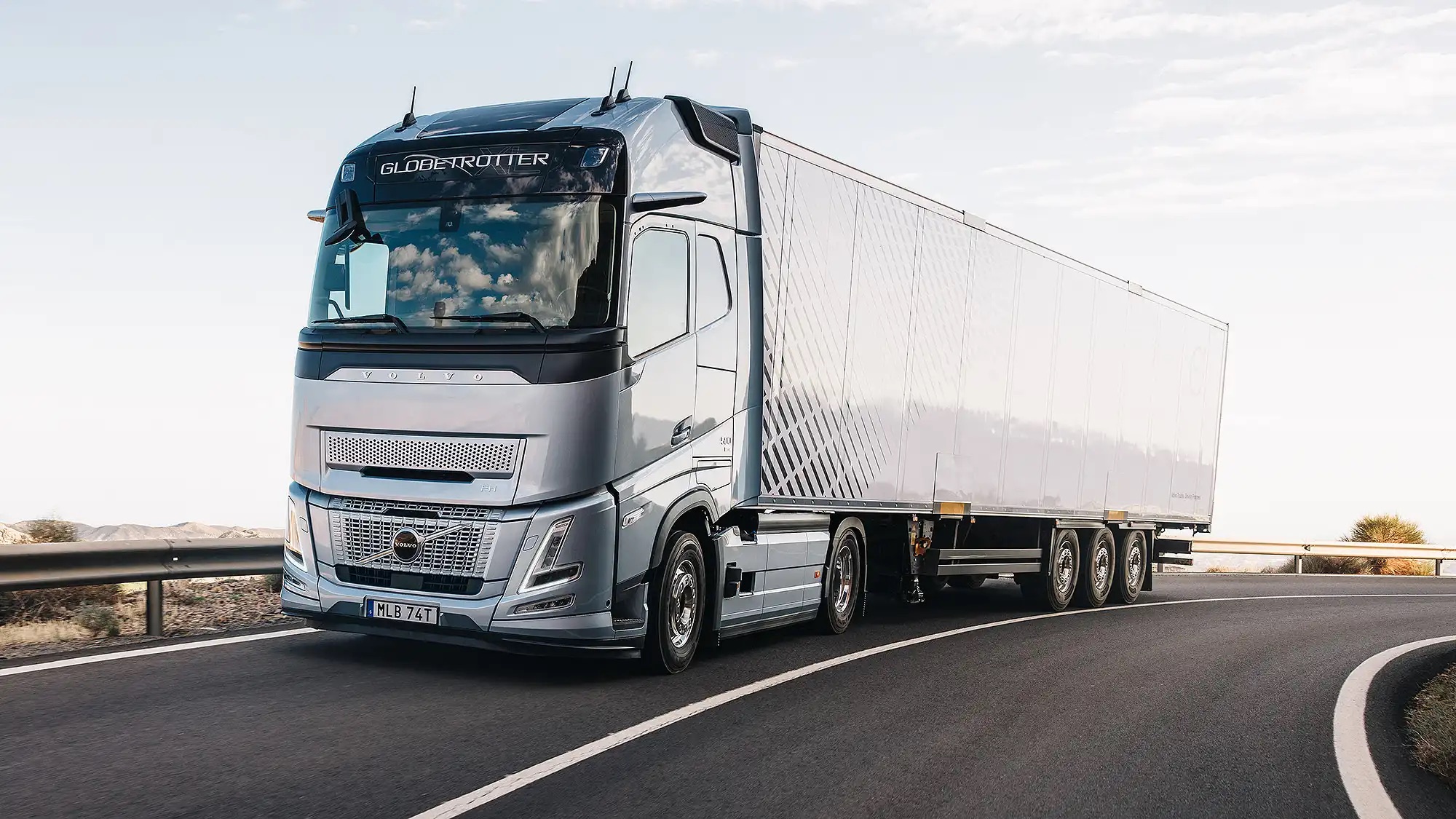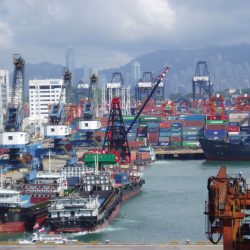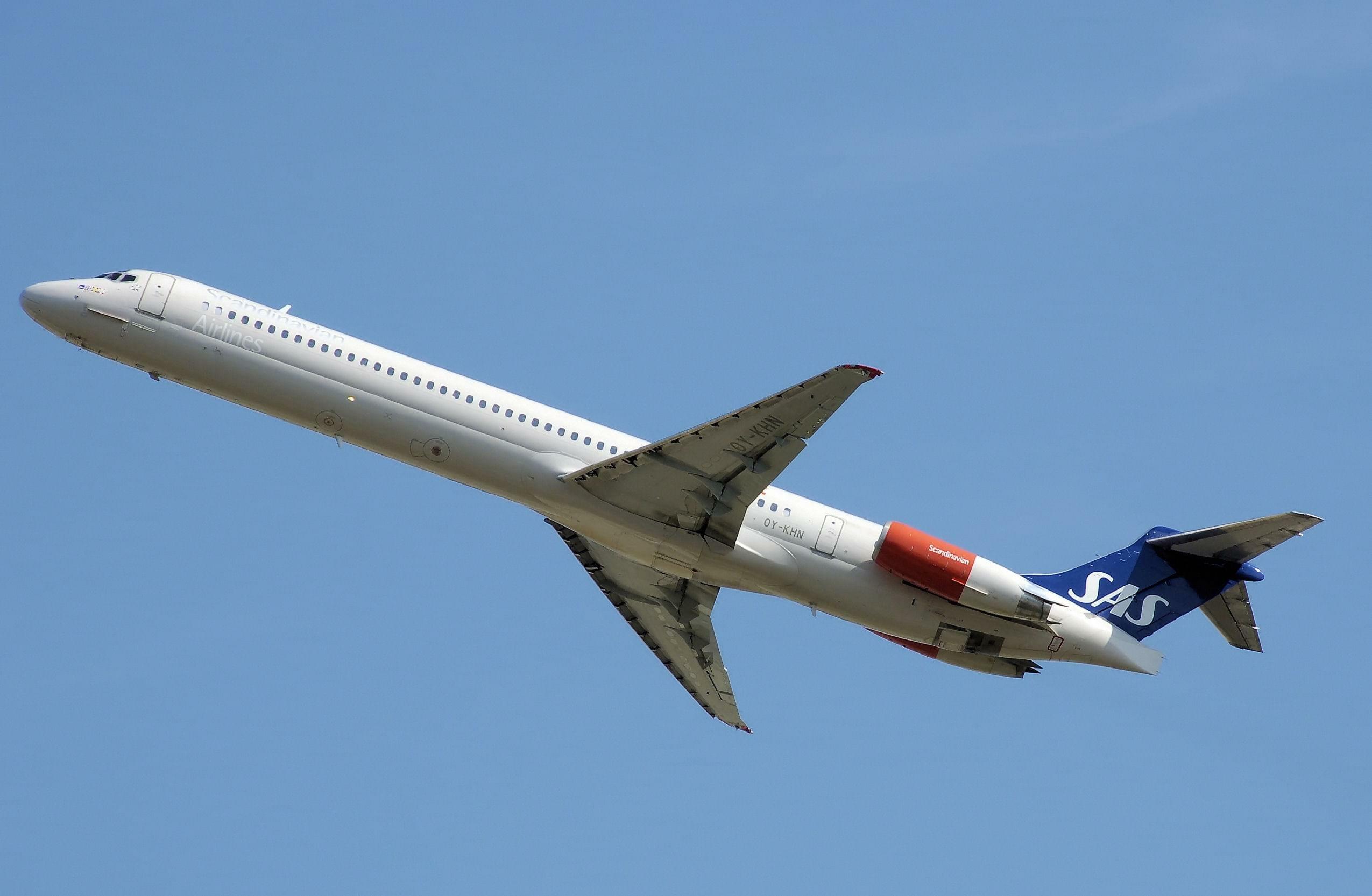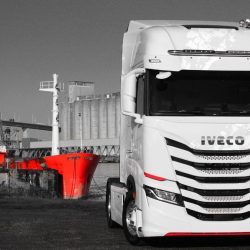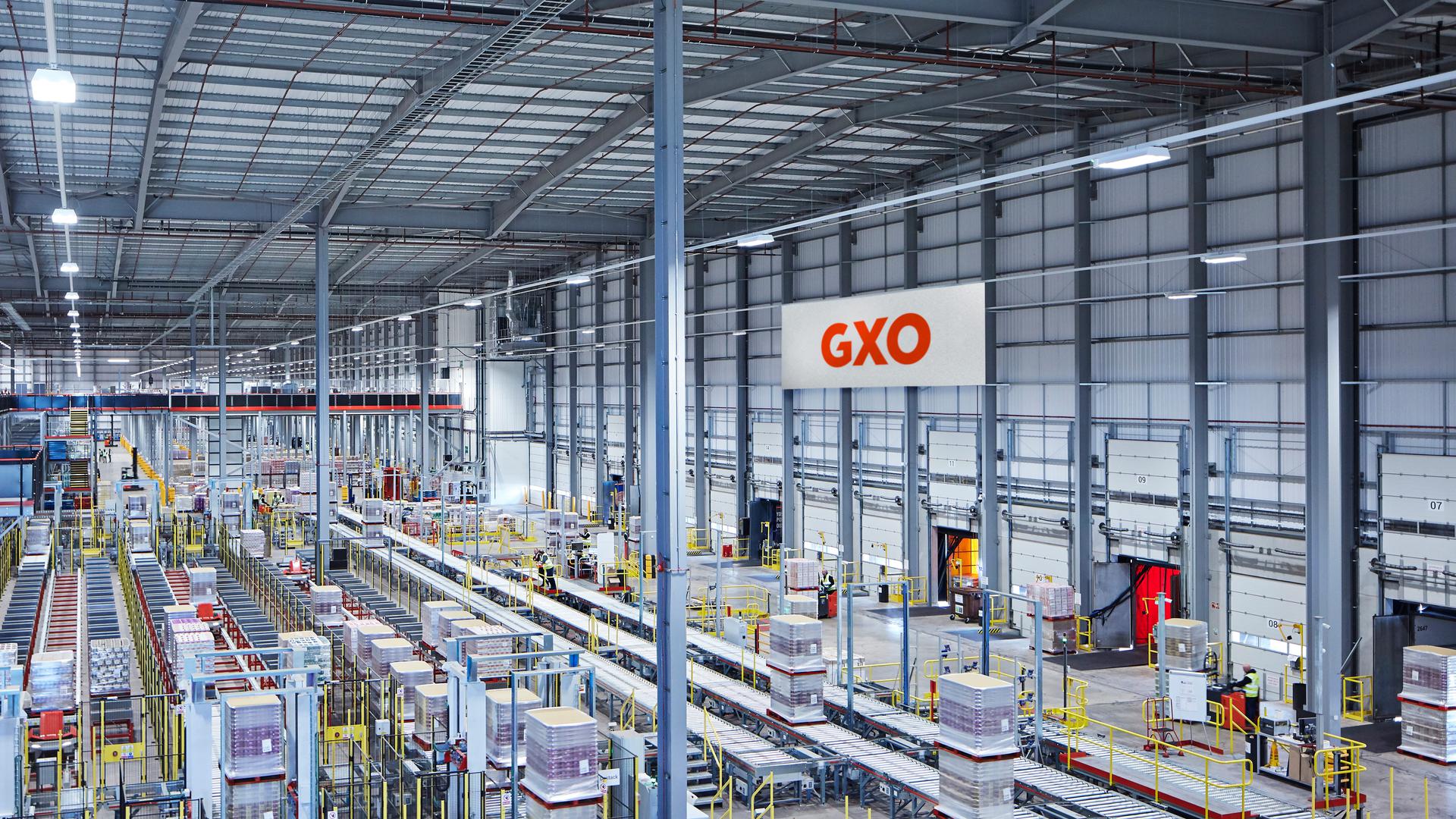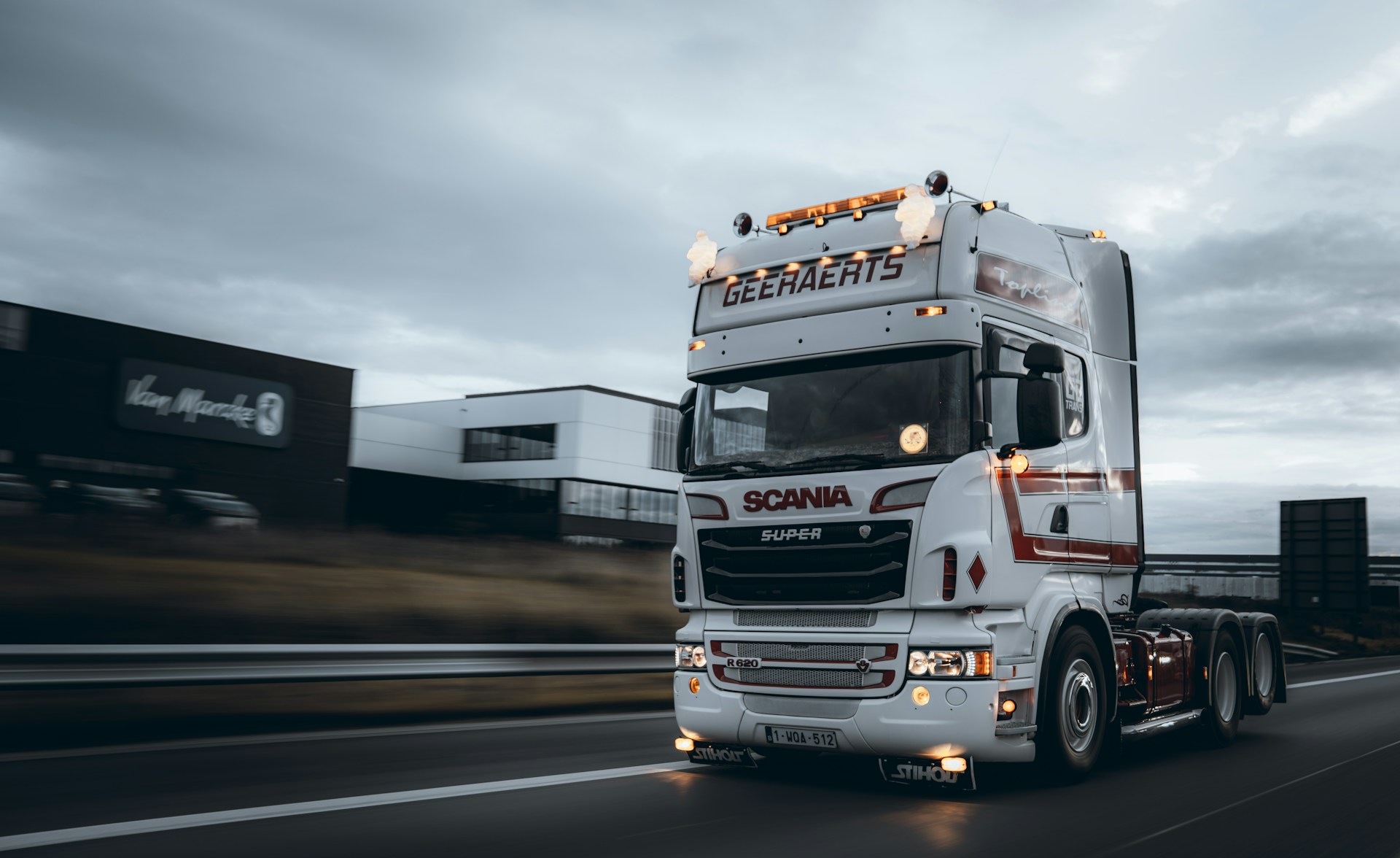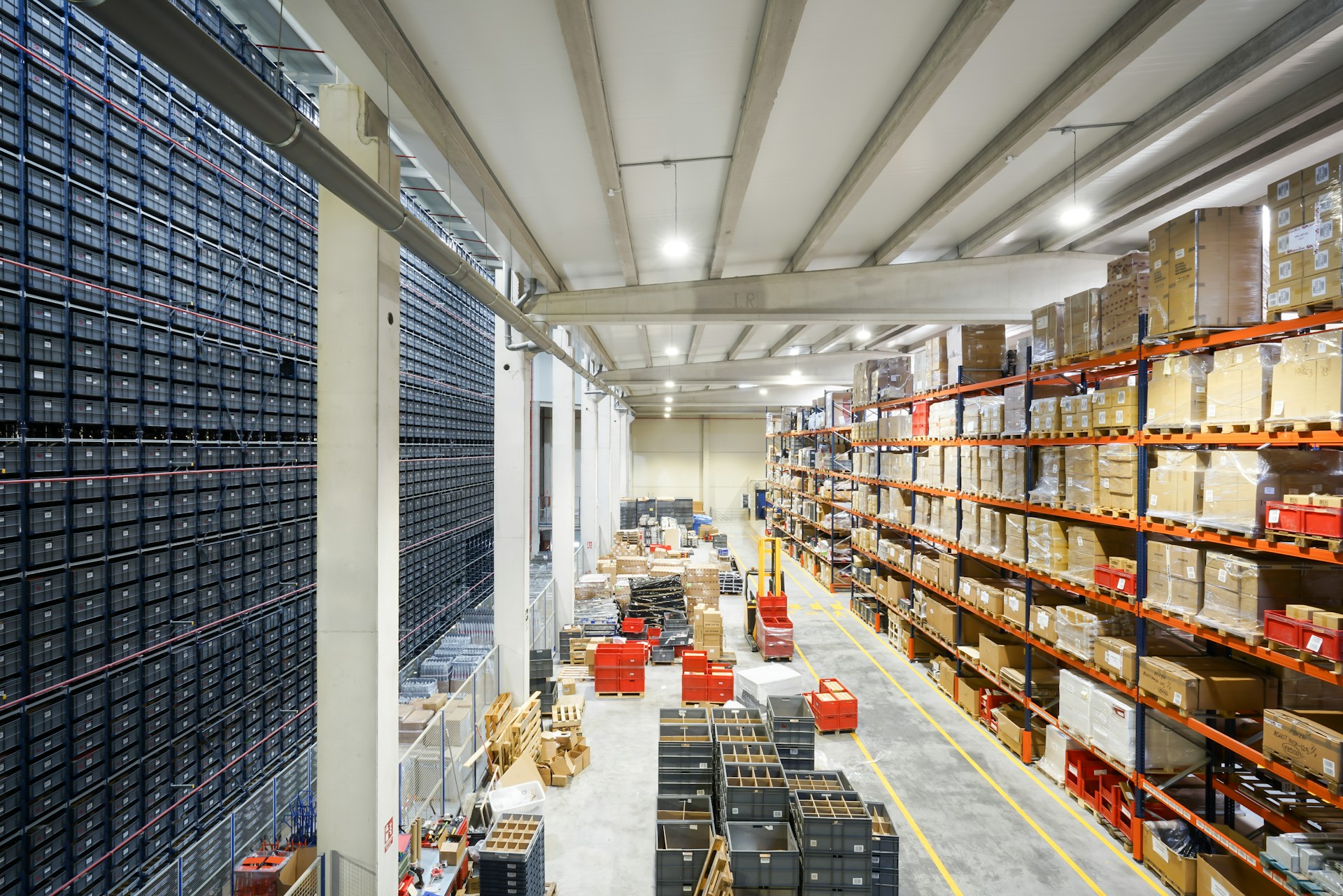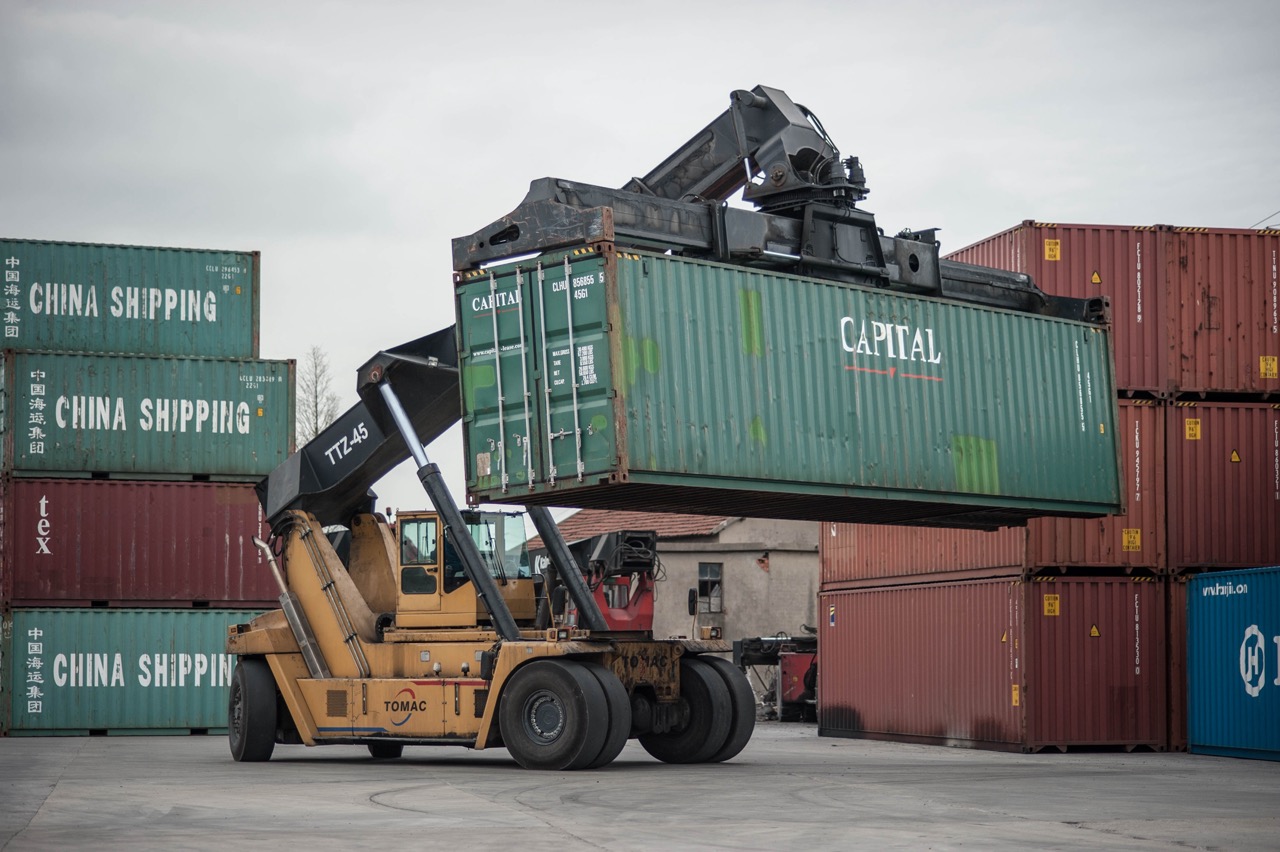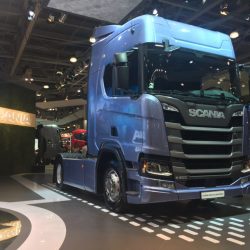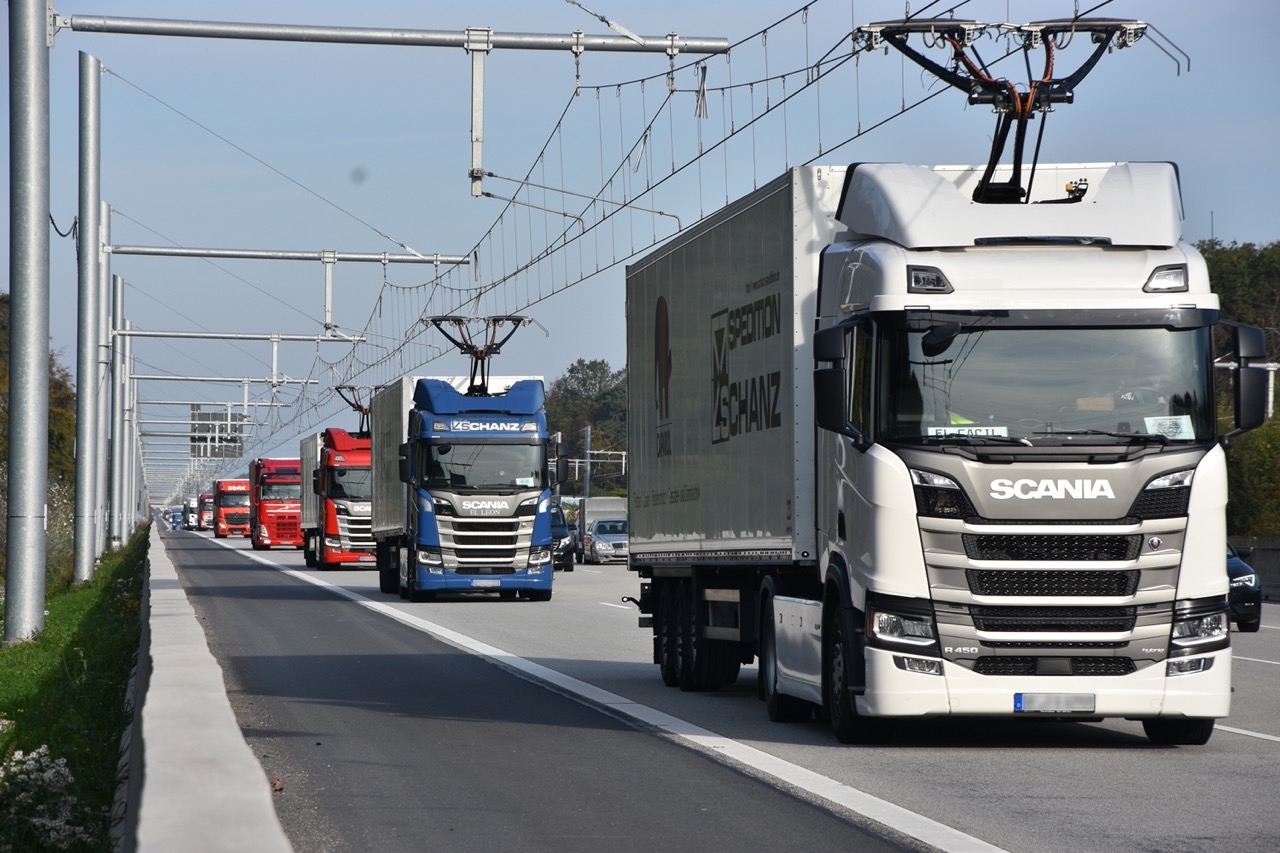Self-charging trucks have been unveiled in Rotterdam
In April 2025, engineers unveiled self-charging trucks at the Port of Rotterdam. These automated vehicles are equipped with contactless chargers and are ready for commercial use. This innovation is part of the MAGPIE project, implemented within the framework of the European sustainable development programme.
The European government financed the development of the trucks to provide the region with intelligent, environmentally friendly transport.
Project’s creators presented a heavy-duty electric cargo truck designed for transport tasks in ports. This new technology helps reduce energy costs, speed up processes, and improve the overall efficiency of logistics infrastructure.
Project prospects
Representatives from transport companies and ports are interested in the new vehicle. The Ministry of Infrastructure of the Netherlands has shown special attention to the project. The authorities consider the truck to be a worthy alternative to the traditional vans used in terminals.
MAGPIE project manager Reyer Will emphasised the key role of automation. He said that engineers had focused on fully integrating intelligent systems, enabling the vehicle to perform well in tests.
The project aims to accelerate the decarbonisation of port logistics. The authors believe that electric transport is an effective tool for reducing harmful emissions. Automating processes can increase the overall productivity of machinery, which will also contribute to climate goals.
Port of Rotterdam Authority views this new technology as integral to its strategy of achieving carbon neutrality by 2030. Electric trucks that can self-charge fulfil today’s sustainability requirements.
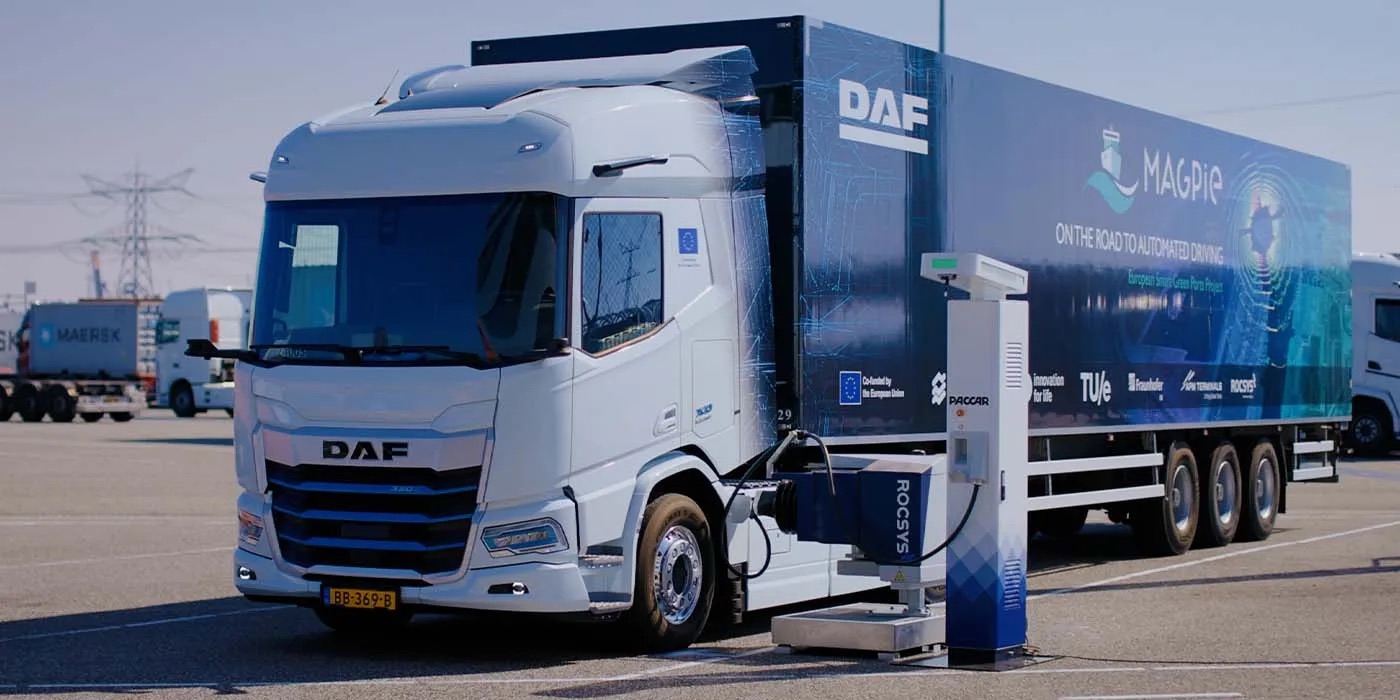
Vehicle deployment options
Despite the appeal of new electric trucks, there may be some challenges to integrating them into the port ecosystem:
- The legal and regulatory framework for autonomous transport. Dutch legislation does not have a full-fledged mechanism for the widespread use of ADS. This hinders the active development and adoption of automated technologies for the logistics sector.
- Technical challenges. The scalability of electric trucks requires the revision of several processes.
- Collaboration. The development of automated transport depends on partnerships between startups, car manufacturers and government agencies.
Nevertheless, the project received positive feedback from the professional community. Participants noted the solution’s practicality and its contribution to the sustainable industry development.
Self-charging trucks form part of a series of ten pilot solutions within the MAGPIE project. Funding for the project is provided by the EU’s Horizon 2020 programme. The team is exploring the potential of intelligent systems. Additionally, the team is exploring how to practically integrate autonomous vehicles into port infrastructure. Trucks should perform logistical tasks in terminals and optimise operating costs.

